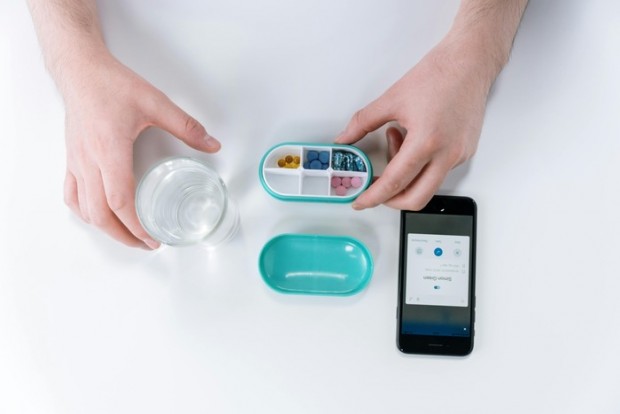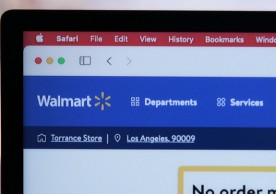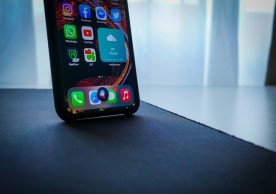Liver Surgery Safety Soars with Revolutionary Smartphone App
Liver Surgery Safety Soars with Revolutionary Smartphone App
Staff ReporterUnder the direction of Dr. Patrick Starlinger of the Mayo Clinic Comprehensive Cancer Center, an international research team has developed an innovative risk prediction model that can be accessed via a smartphone app.
Imagine a high-tech tool that can tailor risk assessments for patients preparing for liver surgery-a game-changer. This cool tool works like a superhero to predict if someone's liver might fail after surgery. It's better than the old tests that were used before, making liver surgeries safer.
This innovation is like having a personalized bodyguard for each patient, ensuring they're in the best shape possible for their liver surgery.

Surgery Safety in People's Hands
A piece of information used from more than 14,000 patients at 10 different institutions and the National Surgery Quality Improvement Program (NSQIP), an algorithmic database located in the United States, thoroughly documented this model's efficacy.
According to Mayo Clinic, the newly created application demonstrated that technological development may improve the accuracy and security of liver surgeries.
The study is available in the Annals of Surgery.
Although the most effective treatment for liver-specific malignancies is still surgical removal of the affected liver sections, the new risk prediction algorithm tries to take into account the particular factors and possible adverse effects for each patient.
This smartphone software represents a significant advancement in improving patient outcomes following liver resection as the medical profession embraces technology for individualized healthcare solutions.
The smartphone app is free to use and leverages essential patient traits and the aspartate aminotransferase-to-platelet ratio index + albumin-bilirubin grade preoperative score; this multivariable model provides a less-invasive yet highly effective alternative to established liver function tests.
Also Read: Why Providers Need a Disaster Recovery Plan for EHR Security?
A Safer, More Accessible Way to Test
The smartphone software can predict liver failure similarly or better than traditional diagnostics.
According to CACM, its unique qualities include speed and affordability, which make it an invaluable instrument for preoperative risk assessment.
Dr. Starlinger highlighted that this invention raises the bar for liver surgery safety by enabling surgeons to customize risk evaluations and improve overall operation safety effectively.
This finding provides evidence of the potential of smartphone applications to advance healthcare as technology continues to change the face of medical practices.
Another source, Medical Xpress, reported that Jonas Santol, the first author of the manuscript and a surgical resident at Klinikum Favoriten and a doctoral student at MedUni Vienna's Center for Physiology and Pharmacology, currently on a research residency at the Mayo Clinic, expressed satisfaction with the robust predictive potential of their model.
He highlighted the significant clinical utility of the score and the associated smartphone app.
Based on the APRI + ALBI score, the multivariable model is easily calculable using routine laboratory values and essential patient characteristics.
Moreover, it can be computed using a freely available smartphone app.
Compared to established liver function tests, the model demonstrated equivalent or improved prediction of liver failure at a fraction of the cost, time, and invasiveness.
Related Articles: Software Development in Healthcare Industry: Major Achievements of 2021
most read
related stories
more stories from News
-
Google Play Store Introduces Simultaneous Downloads for Multiple Android Apps
Google Play Store now allows simultaneous downloads for multiple Android apps, streamlining the installation process. Read more for improved app management!
ernest hamilton -
Apple Issues Warning About Overnight iPhone Charging Habits
Apple warns users about the potential risks of overnight iPhone charging habits, emphasizing battery health. Learn more to optimize your device's longevity!
ernest hamilton -
Android Trojan Malware Targets Bank Accounts Using Fake Chrome Updates
Beware: Android users face a new threat! Trojan malware disguises as Chrome updates, aiming to steal bank account info. Stay vigilant and update security measures!
ernest hamilton -
Walmart CEO Ephasizes Walmart App Usage in Stores Amidst Reevaluation of Self-Checkout Systems
Walmart CEO emphasizes Walmart app usage in stores amidst a reevaluation of self-checkout systems. Learn more by reading the article!
ernest hamilton -
One UI 6.1.1 Reportedly Introducing Video AI Features to Samsung Devices
One UI 6.1.1 reportedly introduces exciting video AI features to Samsung devices. Explore the latest enhancements!
ernest hamilton -
Tencent Set to Launch 'Dungeon and Fighter' Mobile Game in May
Tencent is gearing up to launch the 'Dungeon and Fighter' mobile game in May, promising an exciting new gaming experience for fans of the franchise.
ernest hamilton -
Apple Confirms iPhone AI Plans with New Software Release, Unveils Eight Small AI Language Models for On-Device Use
Apple's latest software release confirms iPhone AI plans, unveiling eight small AI language models for on-device use, promising enhanced performance and privacy.
ernest hamilton -
HMD's Debut Self-Branded Phones: All Under $200
HMD introduces budget-friendly phones, all under $200, promising affordability without compromise.
ernest hamilton

















